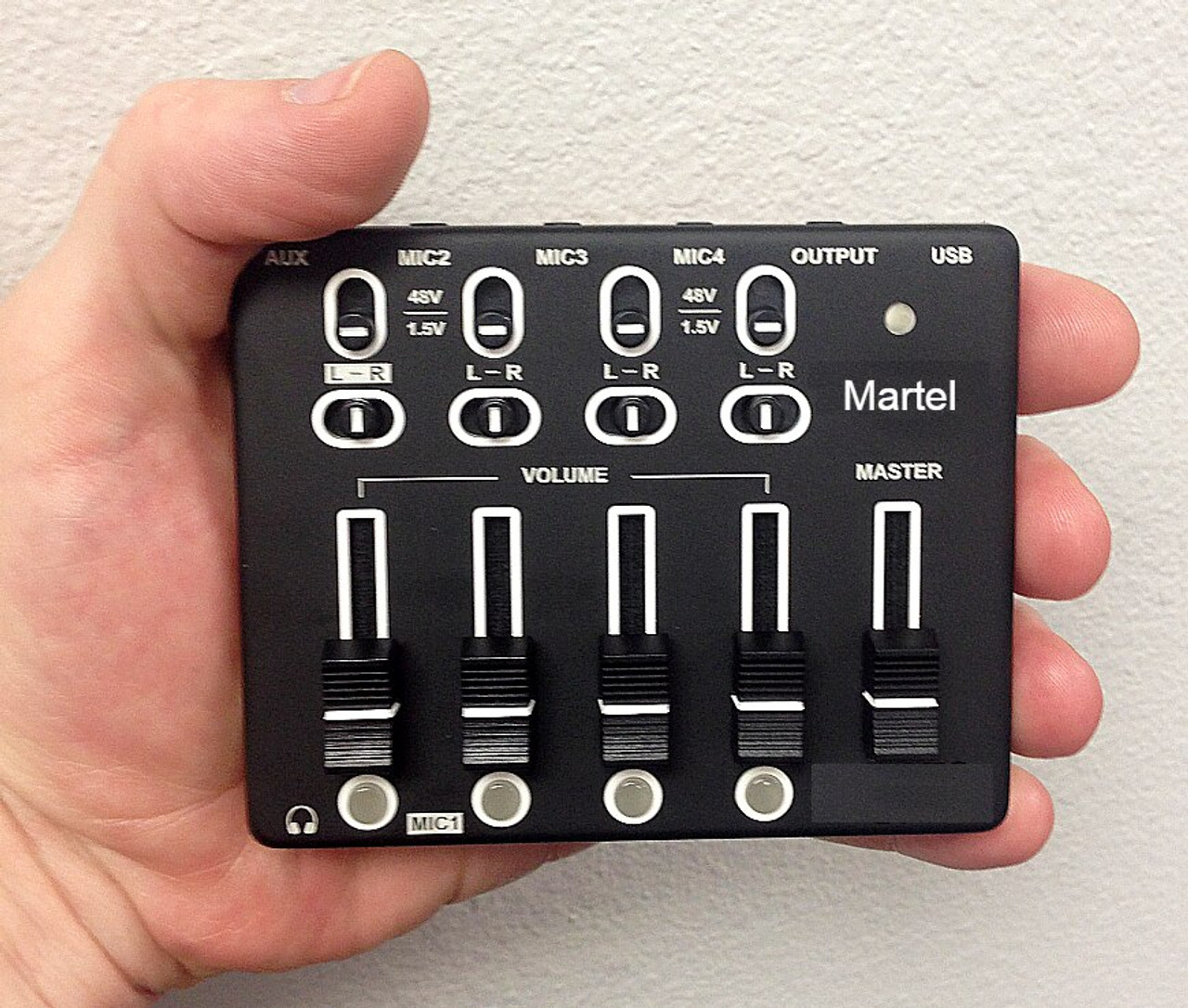The Value of Legal Video Depositions in Modern Legal Providers: What You Ought to Know
Legal video depositions have come to be necessary in today's lawful landscape. They provide a multidimensional sight of witness statements that typical transcripts merely can not match. By capturing both non-verbal and spoken communication, these depositions boost the total understanding of a witness's reputation. The performance of video depositions hinges on various factors, including compliance with lawful standards and finest techniques. Checking out these components exposes their real value in modern legal services
What Are Legal Video Clip Depositions?
Legal video clip depositions work as a vital device in the litigation process. They include tape-recording witness testimonies in a video clip style, capturing both non-verbal and verbal communication. This technique enables attorneys to document the disposition, expressions, and reactions of witnesses, supplying a richer context for the statement. Normally conducted in a controlled environment, these depositions are led by lawyers who ask questions while a court press reporter documents the dialogue. The resulting video clip can be essential for trial preparation, as it allows legal representatives to assess the trustworthiness of witnesses and improve their methods. Additionally, legal video clip depositions can be used in numerous lawful contexts, varying from civil disputes to criminal situations. The acoustic and visual elements of video clip depositions enhance the presentation of proof, making it an essential element in the modern legal landscape. On the whole, they contribute considerably to the performance and effectiveness of lawful procedures.

Advantages of Video Depositions Over Traditional Methods
Video clip depositions use numerous benefits compared to standard methods of taking witness testimonies. One substantial advantage is the ability to record both audio and aesthetic elements, giving a more complete record of the witness's statements. This dual style enhances clarity and enables lawful experts to reference particular nuances during trial prep work. In addition, video clip depositions help with remote participation, making it much easier for witnesses that may be unavailable for in-person looks as a result of geographical constraints or wellness issues.Moreover, video depositions can quicken the general deposition process, decreasing the moment and expenses related to traveling and logistics. They likewise enhance availability, as videotaped depositions can be conveniently shared amongst lawful groups and referenced any time. This ease contributes to better situation management and preparation. Generally, video depositions represent a modern, reliable approach to collecting witness testimonies, straightening with the evolving demands of the lawful occupation.
The Duty of Body Movement and Tone in Testimonies

In lawful video clip depositions, body language and tone play essential roles in sharing a witness's credibility and reliability. Nonverbal cues can supply insights right into a witness's emotion, affecting how their statement is perceived. Comprehending the effect of these aspects is crucial for jurors and attorneys alike when examining the reliability of a testament.
Nonverbal Interaction Insights
While spoken communication is commonly emphasized in lawful testimonies, nonverbal hints such as body movement and tone play an essential function in conveying trustworthiness and emotion. Observers of depositions might keep in mind that a witness's position, motions, and facial expressions can considerably influence assumptions of reliability. Regular eye get in touch with might indicate self-confidence, while preventing look can recommend deceit or pain. The tone of voice-- its pace, volume, and pitch-- can pass on sensations of genuineness or uncertainty. Lawful professionals should be attuned to these nonverbal signals, as they often offer essential context that complements spoken words. Understanding these subtleties can enhance the performance of depositions and influence the end result of lawful procedures.
Psychological Tone Impact
The emotional tone communicated throughout lawful testimonies considerably influences just how a witness is regarded. Body language, vocal inflections, and faces play vital duties fit the narrative of a statement. A witness displaying self-confidence with constant eye get in touch with and a calm tone can infuse a sense of dependability and involvement. On the other hand, indicators of anxiety, such as fidgeting or a shaky voice, may cause suspicion regarding their account. The nuances of emotional expression can influence the interpretation of truths, making it essential for legal specialists to recognize these hints. In video depositions, the visual and auditory parts combine, stressing the relevance of emotional tone in communicating genuineness and reliability within the lawful process.
Credibility and Reliability
An essential factor in establishing credibility and dependability during testimonies lies in the witness's body movement and intonation. Onlookers typically depend on non-verbal hints-- such as eye call, posture, and motions-- to evaluate a witness's sincerity. For circumstances, a witness see this site who maintains eye contact and displays open body language might be perceived as more trustworthy and sincere than one that stays clear of eye call or shows up shut off. Furthermore, tone of voice plays a vital duty; a steady, calm tone can strengthen the reputation of the statement, while variations in pitch or quantity may raise questions. Eventually, the mix of body language and singing tone substantially affects exactly how a witness's declarations are received and translated in a legal context.
Best Practices for Performing Video Clip Depositions
Performing video clip depositions needs careful preparation and implementation to guarantee a reliable and clear discussion of testament. First, it is very important to select a quiet, well-lit location to minimize distractions and safe optimum video top quality. The tools must be evaluated beforehand, consisting of electronic cameras, microphones, and lighting, to prevent technological issues throughout the deposition.Next, parties included should review the format and treatments beforehand, seeing to it that everyone understands their functions. The deponent must be oriented on the process, consisting of how to respond plainly and concisely.Additionally, preserving an expert behavior throughout the session is essential. This includes abstaining from talking over each other and verifying that all concerns are guided properly. It is vital to record the deposition in a layout that permits for very easy playback and evaluation, protecting the stability of the testimony for future usage.
Lawful Considerations and Compliance Issues
Exactly how do legal factors to consider and compliance concerns affect linked here the effectiveness of video clip depositions? Legal experts need to browse a complicated landscape of guidelines, guaranteeing that video clip depositions abide by administrative regulations and requirements. Conformity with laws worrying personal privacy, permission, and tape-recording methods is essential. Obtaining specific consent from all celebrations included is needed to avoid legal repercussions.Additionally, the admissibility of video proof in court can pivot on compliance with step-by-step demands. Making sure that the equipment made use of fulfills technical standards is additionally important, as low quality can weaken the deposition's reliability.Moreover, attorneys have to recognize any specific state laws that control video clip depositions, as these can differ significantly. Failure to resolve these considerations can not just endanger the honesty of the deposition however also affect the overall case technique, inevitably affecting the client's legal outcomes.
Exactly How Video Clip Depositions Effect Jury Perception
While video clip depositions can act as effective tools in legal proceedings, their impact on jury assumption is significant. The acoustic and aesthetic elements of video recordings provide jurors with a much more detailed understanding of witness demeanor, trustworthiness, and psychological responses. This multimedia technique can improve the jurors' capacity to analyze the reliability of testimony compared to standard text-based transcripts.Moreover, video depositions permit jurors to observe body movement, tone of voice, and facial expressions, every one of which can influence their interpretation of the witness's statements. The visibility of a witness on screen can humanize them, cultivating compassion and connection, which may persuade jurors' opinions. On the other hand, a witness that appears evasive or untrustworthy on video may bring about adverse understandings that affect a jury's decision. Ultimately, the vibrant nature of video depositions plays an essential duty fit exactly how jurors interpret evidence and reach their verdicts.
The Future of Video Depositions in Legal Technique
As advancements in modern technology proceed to reshape the legal landscape, the future of video clip depositions is poised for significant development. Advancements such as man-made knowledge, online truth, and enhanced video clip conferencing devices are anticipated to streamline the deposition procedure and improve my site access. Legal specialists may utilize AI-driven analytics to examine witness credibility and case toughness more effectively.Moreover, the assimilation of online reality can permit juries to experience immersive simulations of depositions, providing much deeper context and understanding. Furthermore, the trend towards remote depositions is likely to continue, supplying better versatility for attorneys and customers alike.As remote work ends up being increasingly stabilized, video clip depositions will likely come to be conventional method, minimizing expenses and time constraints related to traditional approaches. In general, these technical improvements promise to improve the effectiveness, efficiency, and access of video depositions in lawful technique, eventually changing just how attorneys plan for trial.
Regularly Asked Concerns
How Much Do Lawful Video Depositions Usually Expense?

Can Video Depositions Be Made Use Of in Any Kind Of Kind Of Case?
Video clip depositions can be made use of in numerous kinds of cases, consisting of civil, criminal, and family law. Their flexibility enables lawyers to present witness testaments effectively, adjusting to the certain requirements of different lawful scenarios.
What Devices Is Required for a Video Deposition?
To carry out a video deposition, essential devices includes a top quality cam, microphone, lighting, and a reliable recording device. In addition, a computer with editing and enhancing software application may be required for post-production and formatting the last video.
How Lengthy Does a Typical Video Deposition Last?
A regular video deposition lasts between two to four hours, depending upon the complexity of the situation and the number of questions postured. Prolonged sessions might happen, but breaks are usually included for participant comfort.

Are Video Clip Depositions Admissible in Court?
Video clip depositions are usually permissible in court, given they abide by lawful criteria and guidelines of evidence. Their use boosts clearness and maintains witness testimony, aiding in the judicial process during trials and hearings. Lawful video depositions have actually become necessary in today's lawful landscape. In addition, legal video depositions can be made use of in numerous lawful contexts, ranging from civil disagreements to criminal instances. In addition, video depositions help with remote engagement, making it easier for witnesses that may be inaccessible for in-person appearances due to geographical restraints or health and wellness issues.Moreover, video depositions can speed up the total deposition procedure, lowering the time and costs linked with traveling and logistics. Making sure that the devices utilized meets technical standards is additionally crucial, as inadequate top quality can undermine the deposition's reliability.Moreover, attorneys must be mindful of any kind of certain state laws that control video clip depositions, as these can vary significantly. Furthermore, the pattern toward remote depositions is likely to continue, providing greater adaptability for attorneys and customers alike.As remote work ends up being significantly stabilized, video clip depositions will likely become typical technique, reducing prices and time restraints associated with standard approaches.
Comments on “Mastering technical setups for flawless legal video depositions”